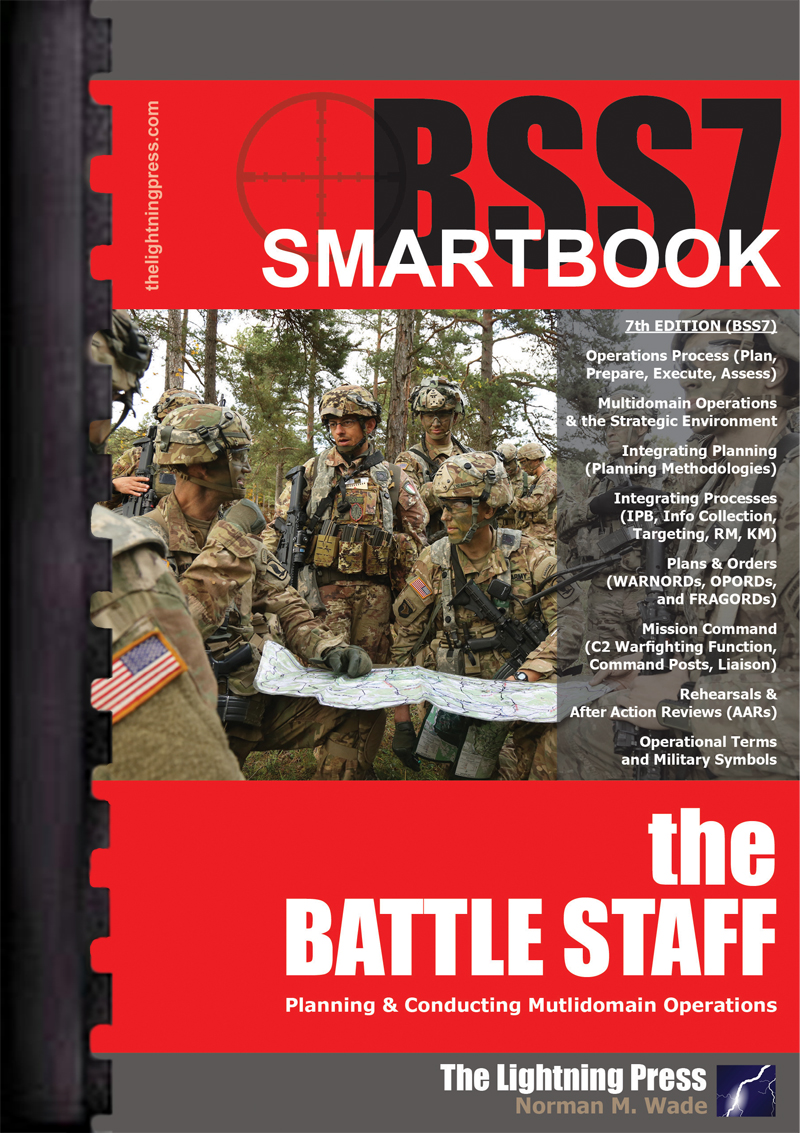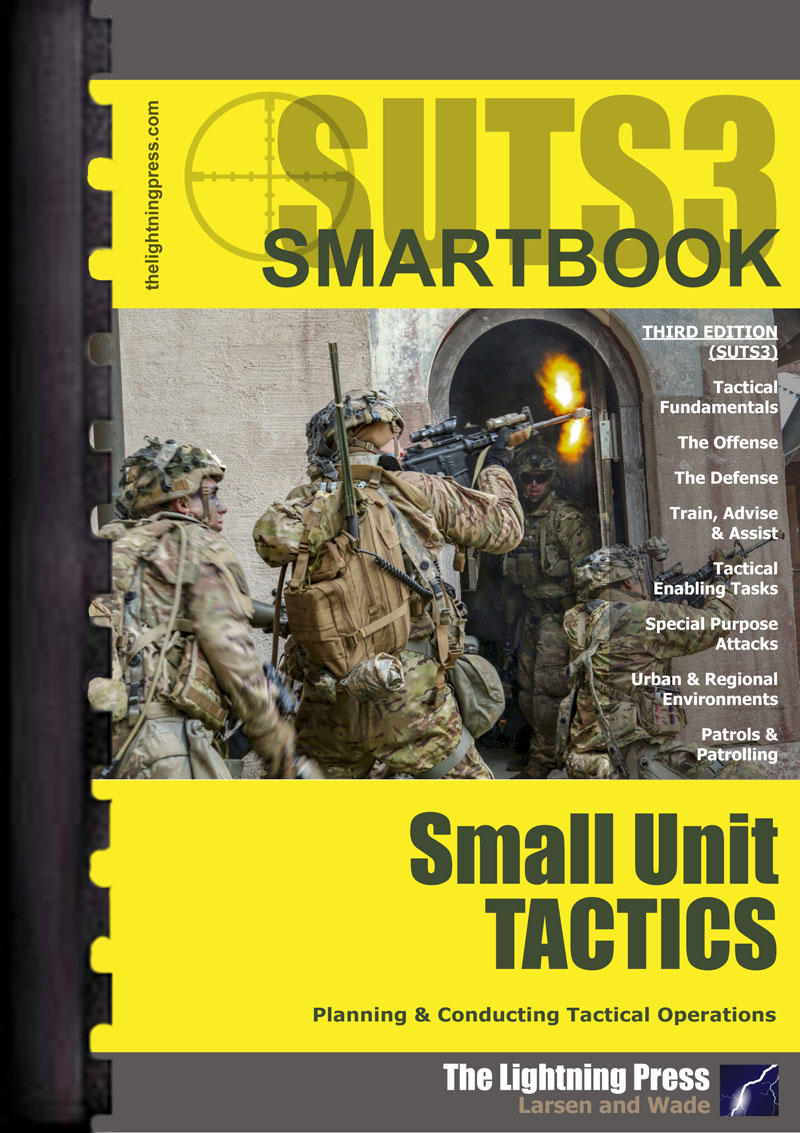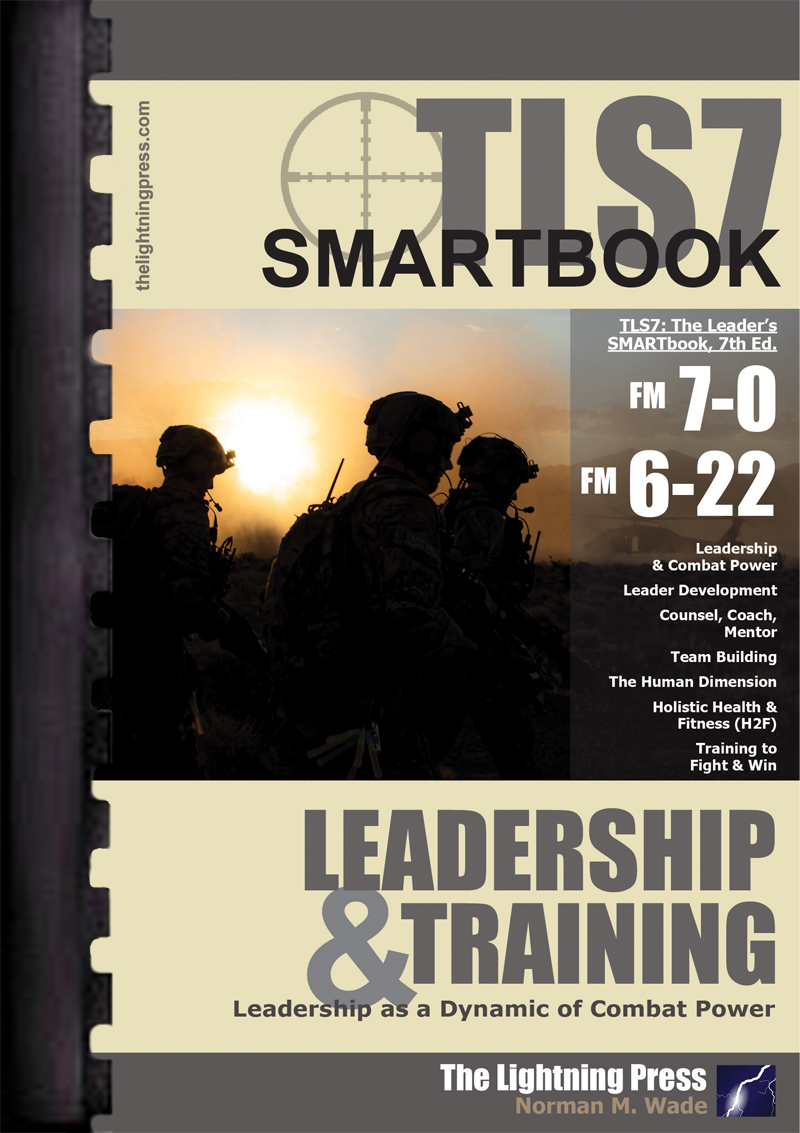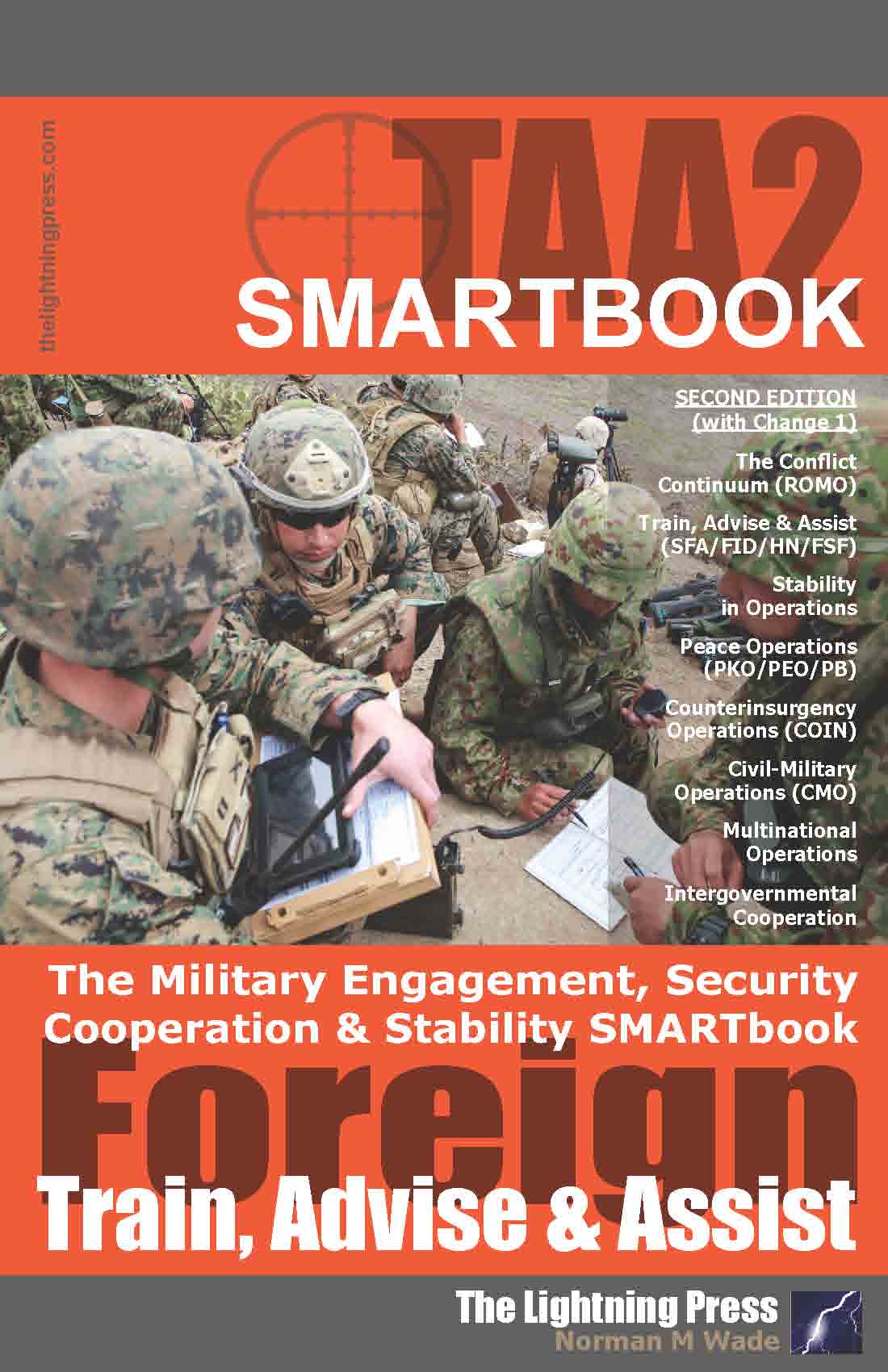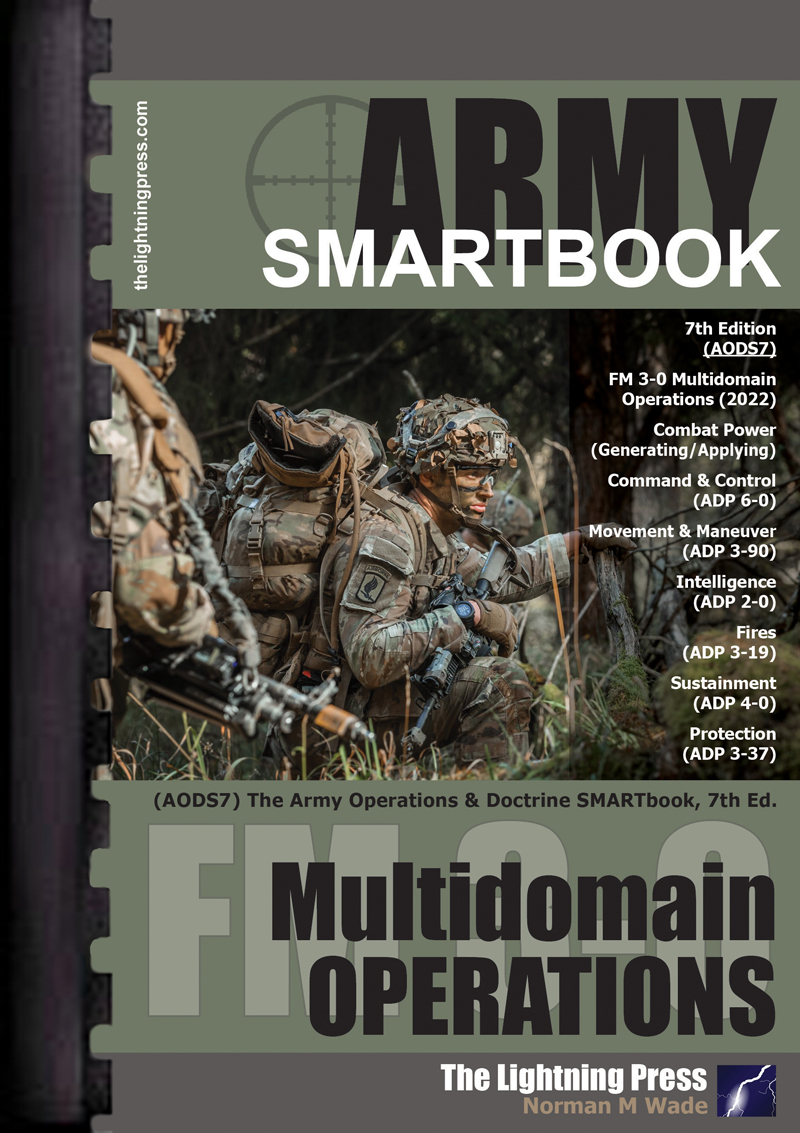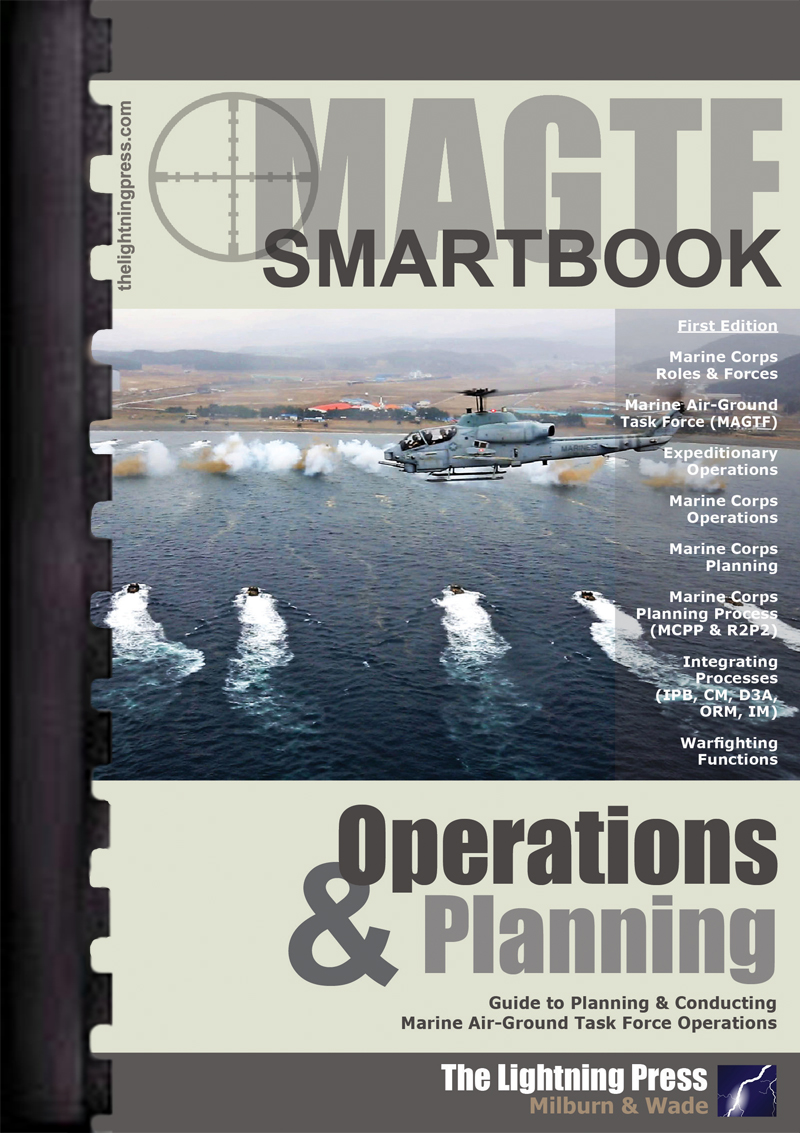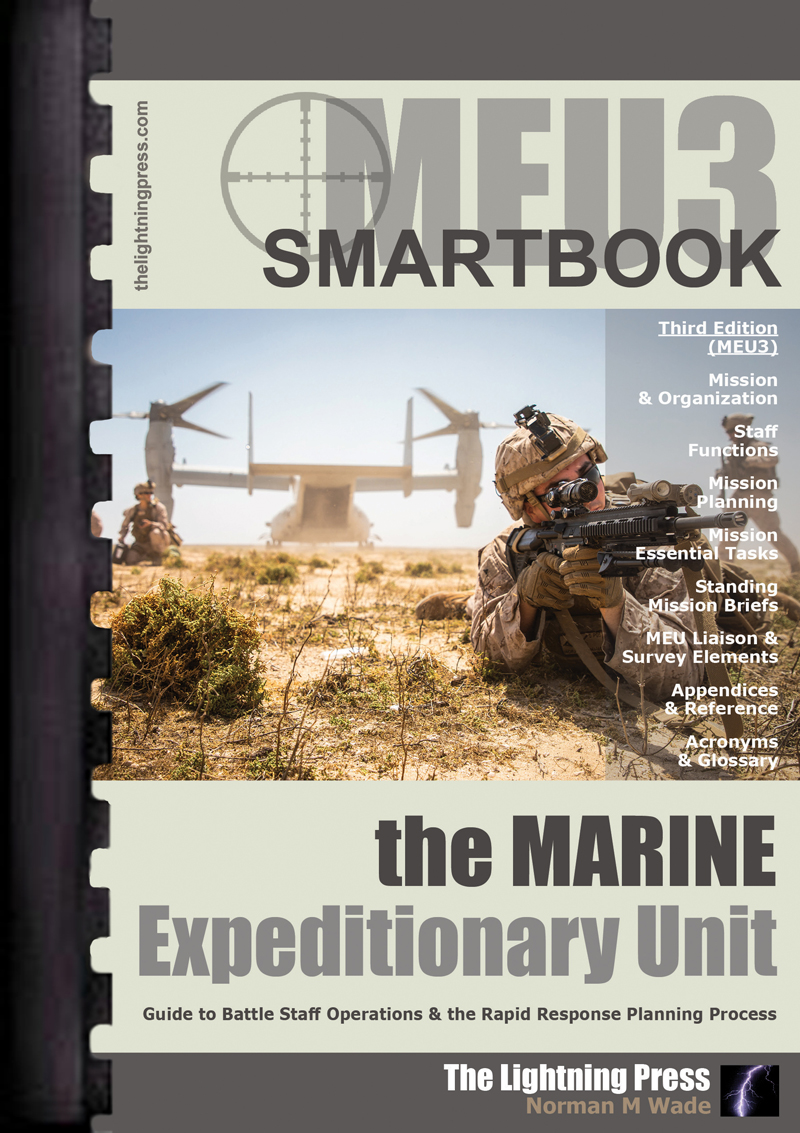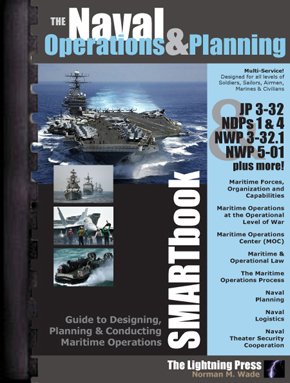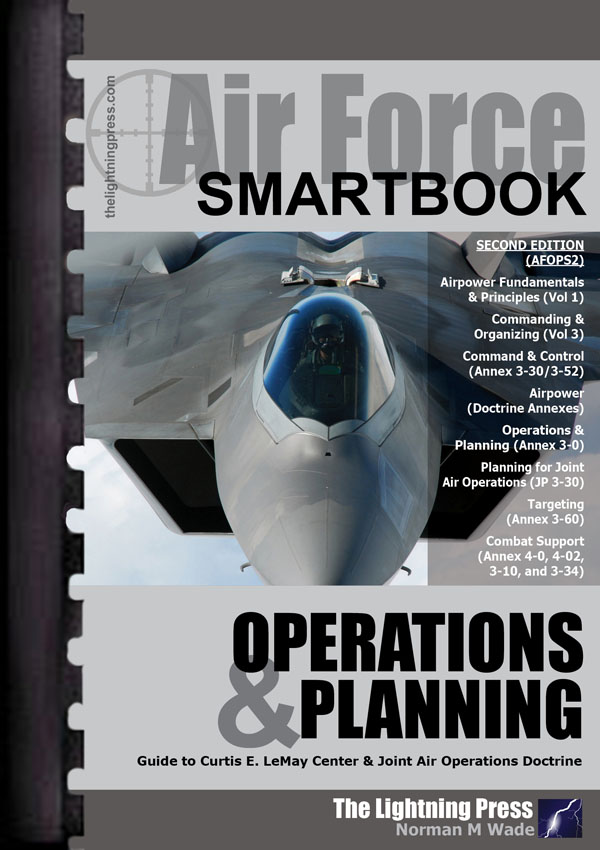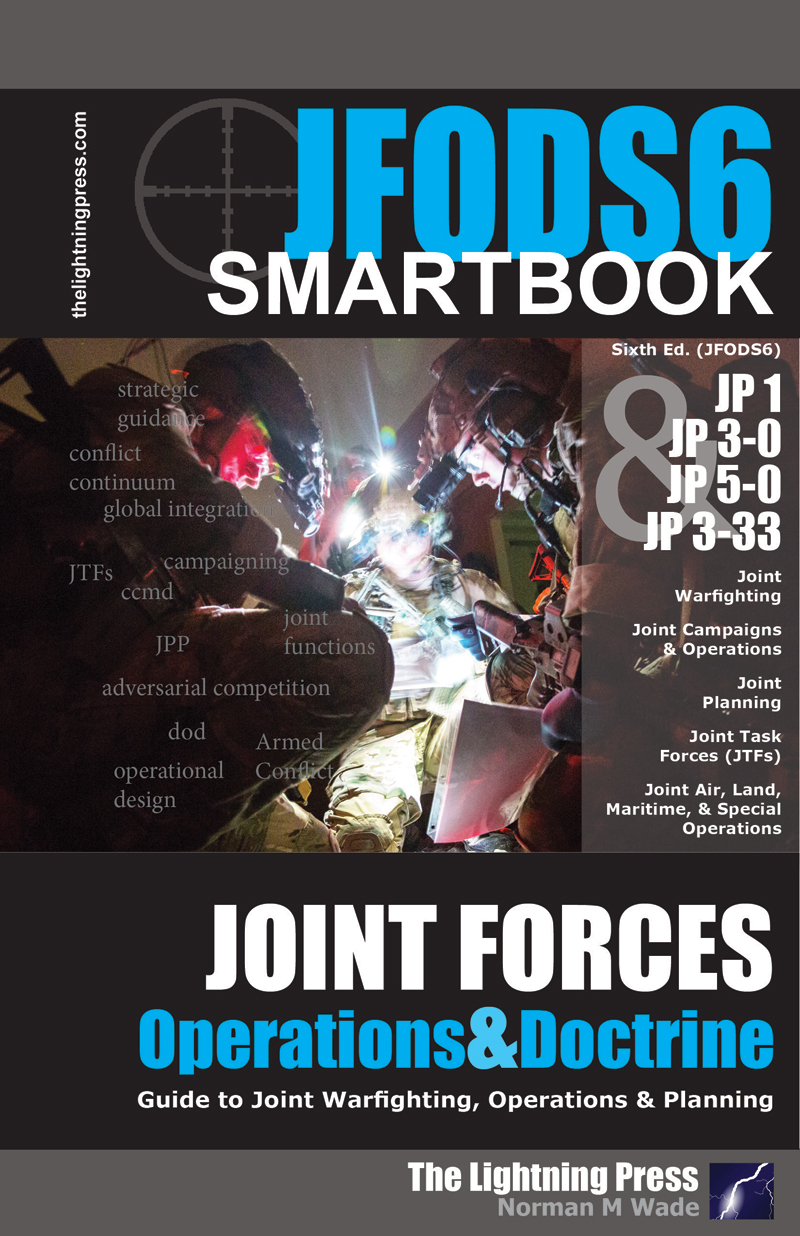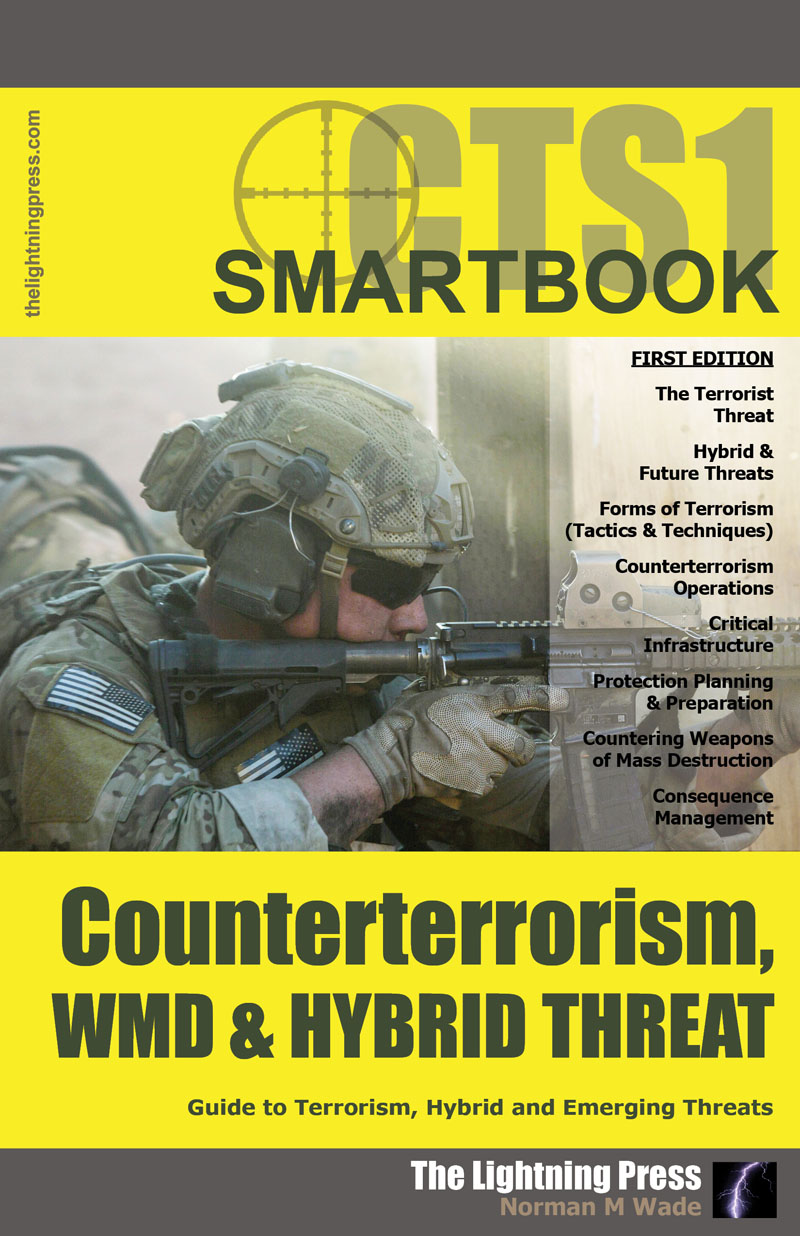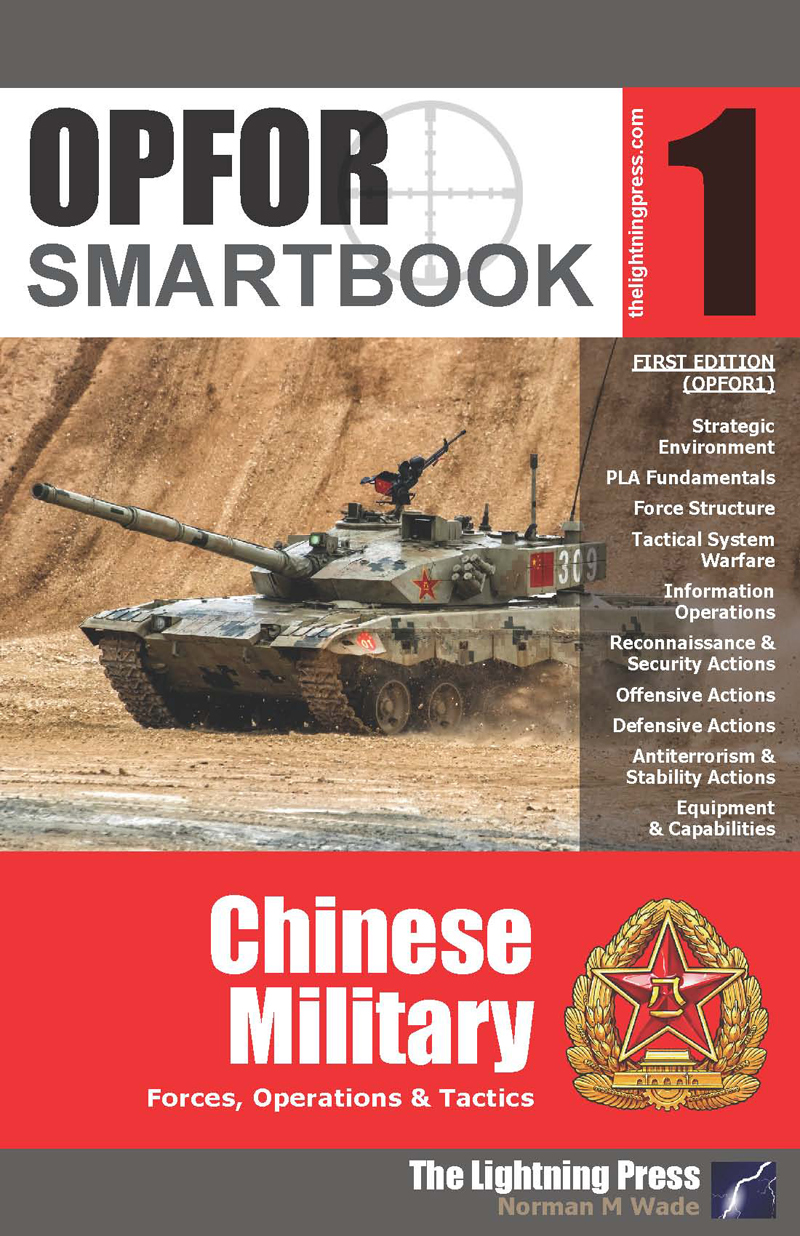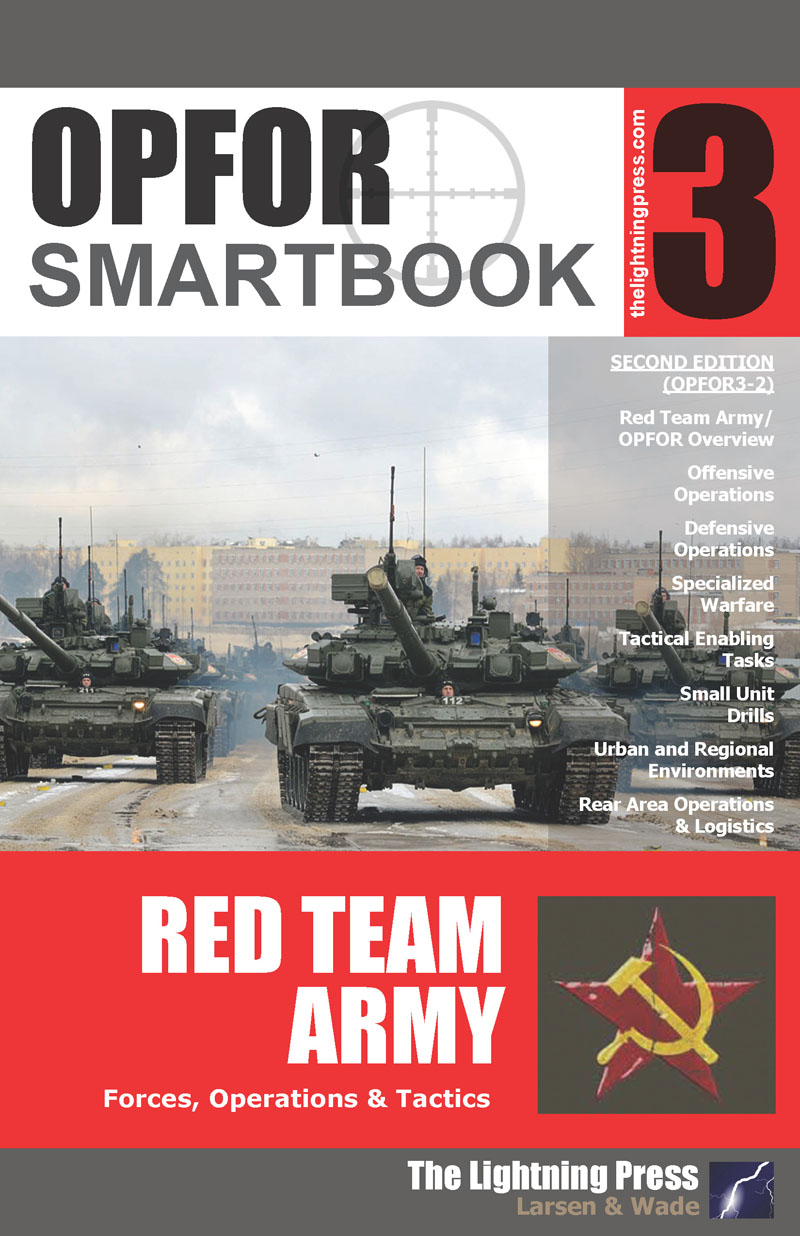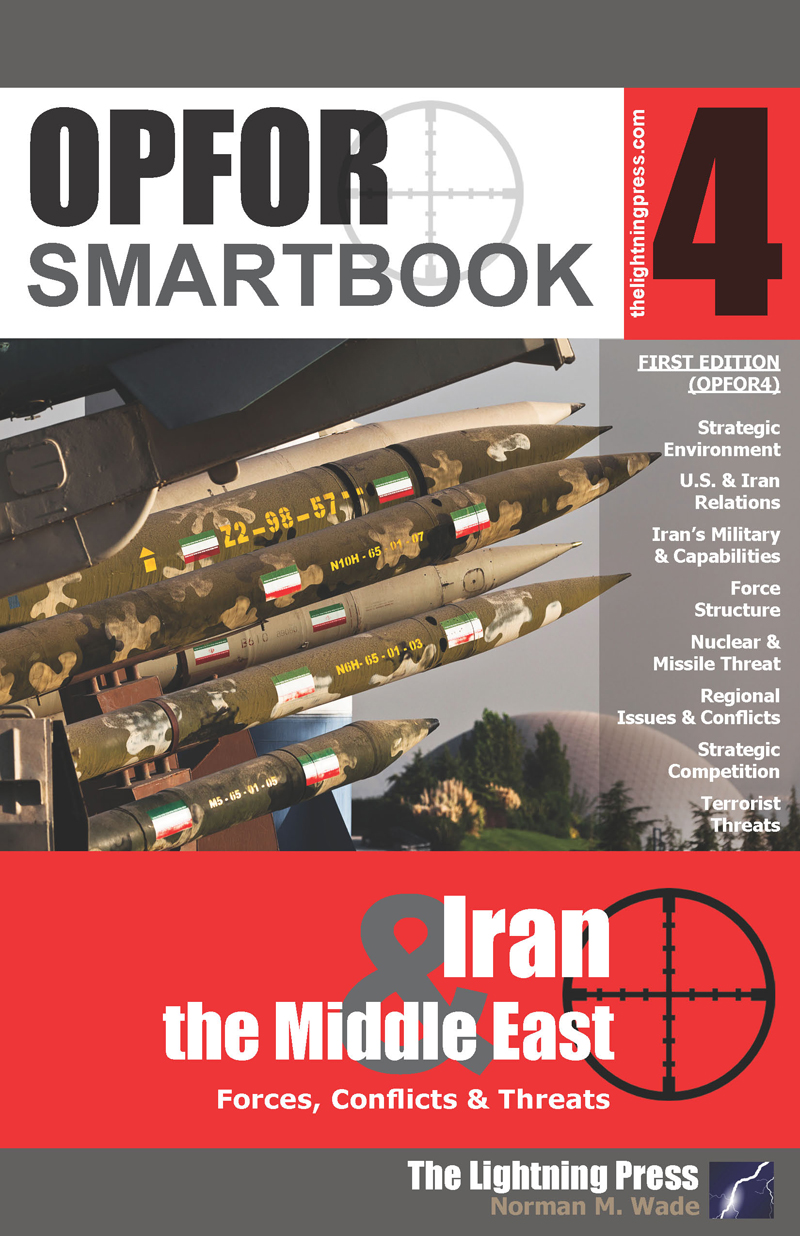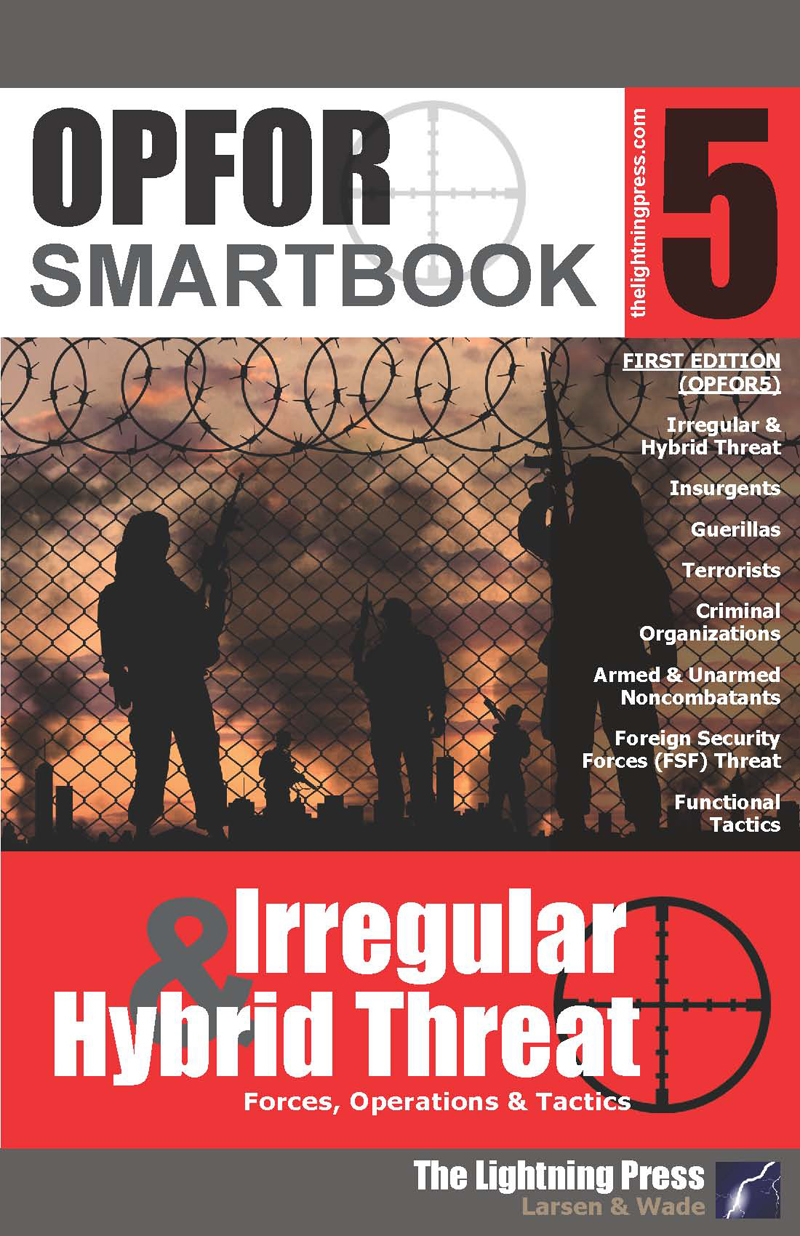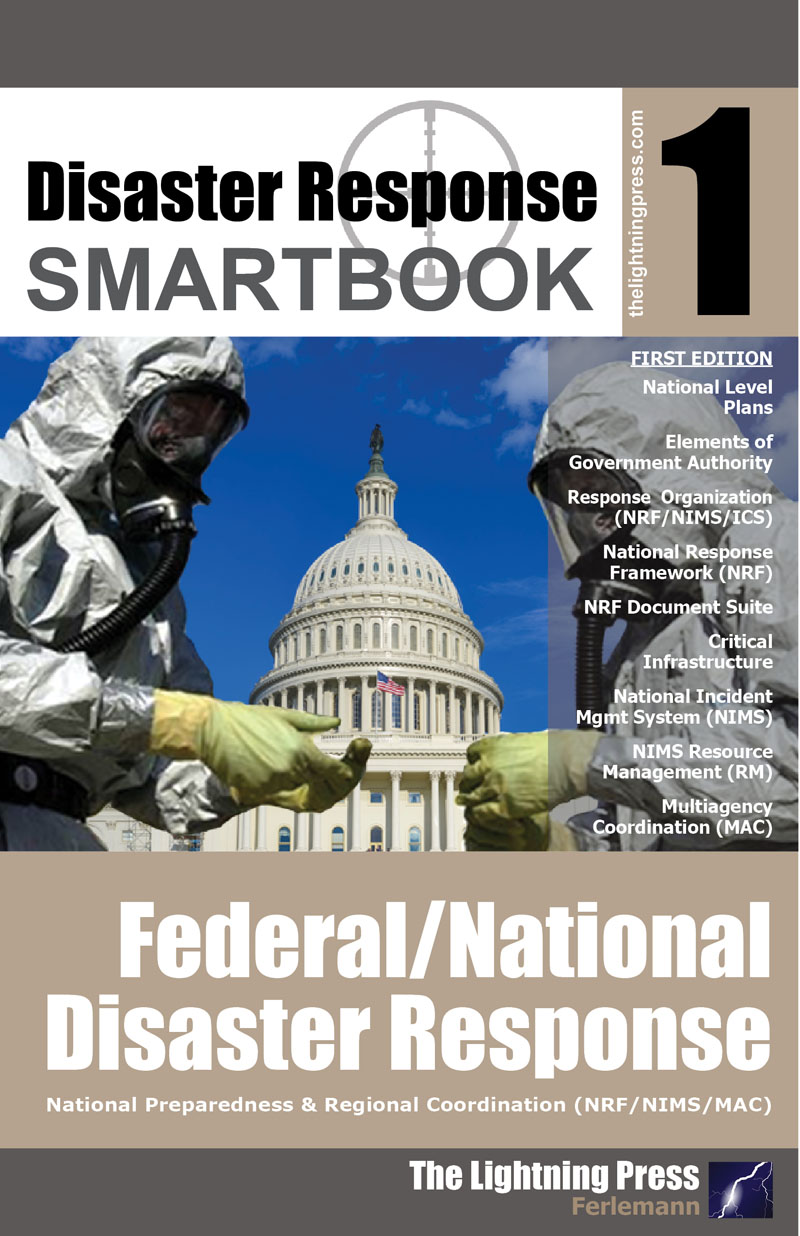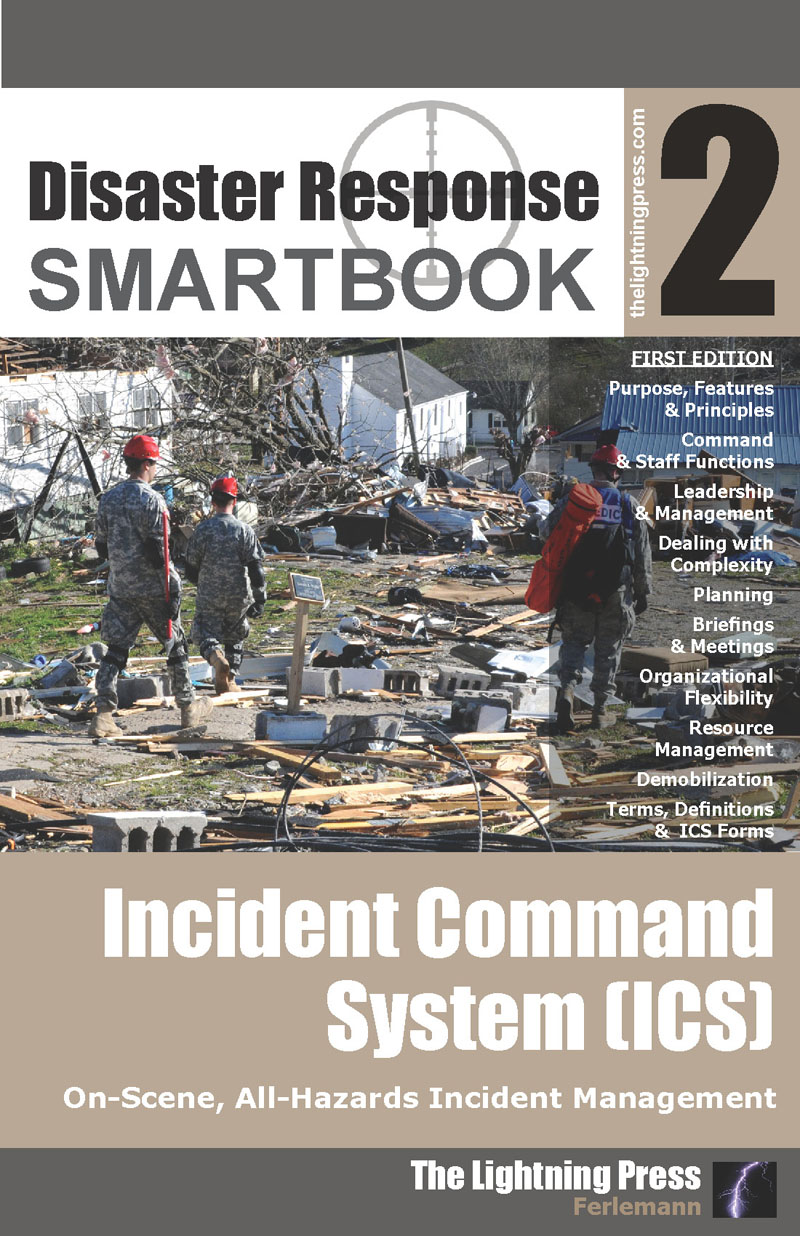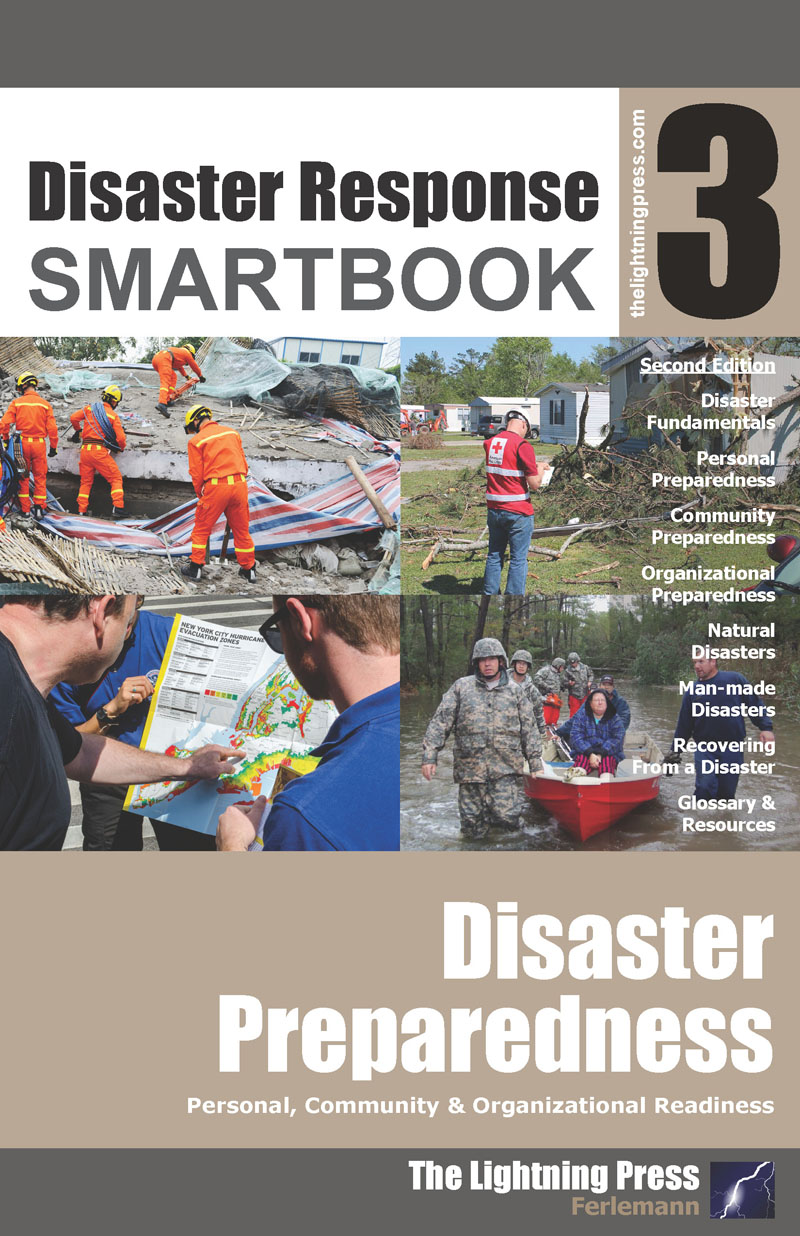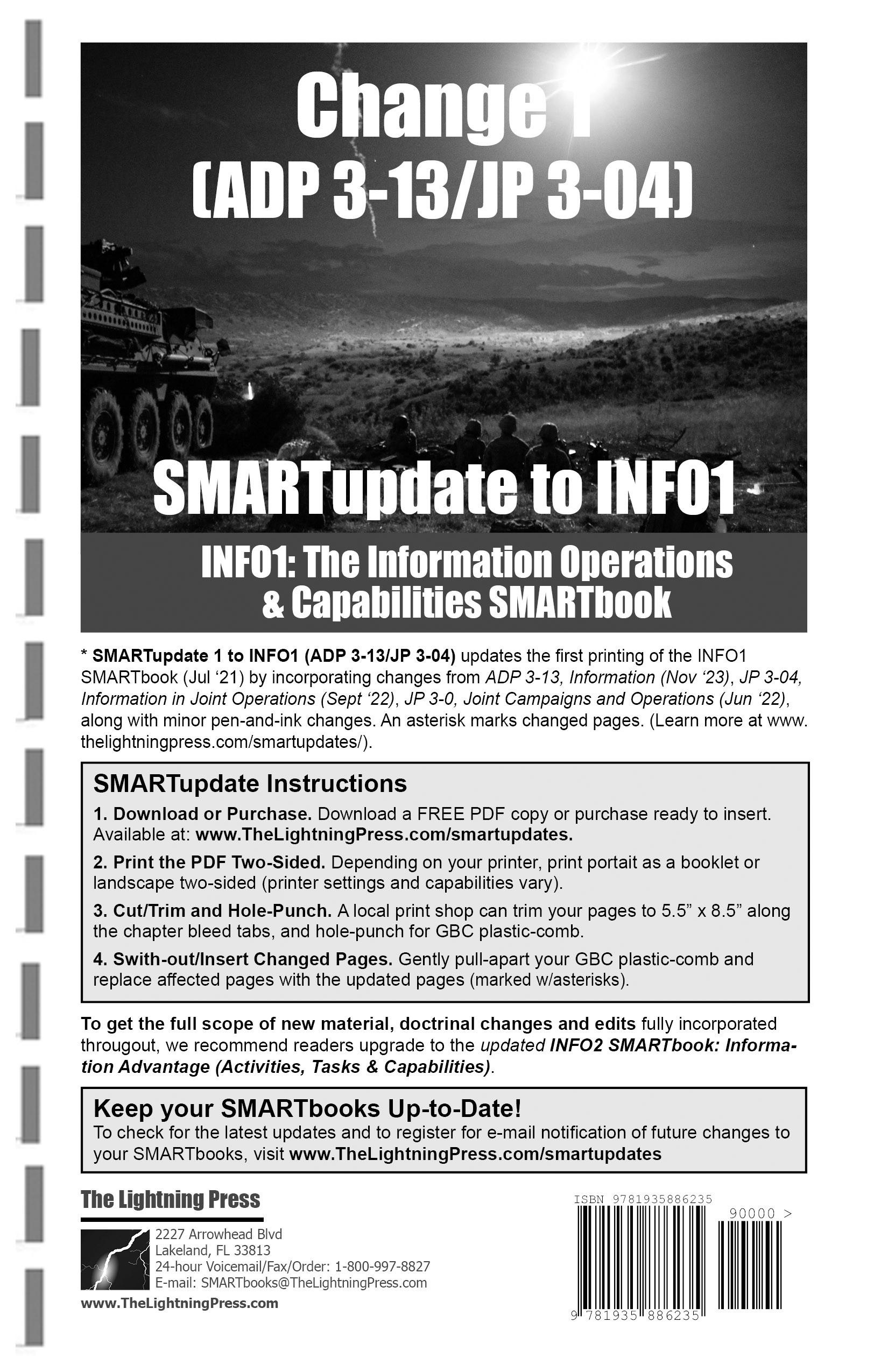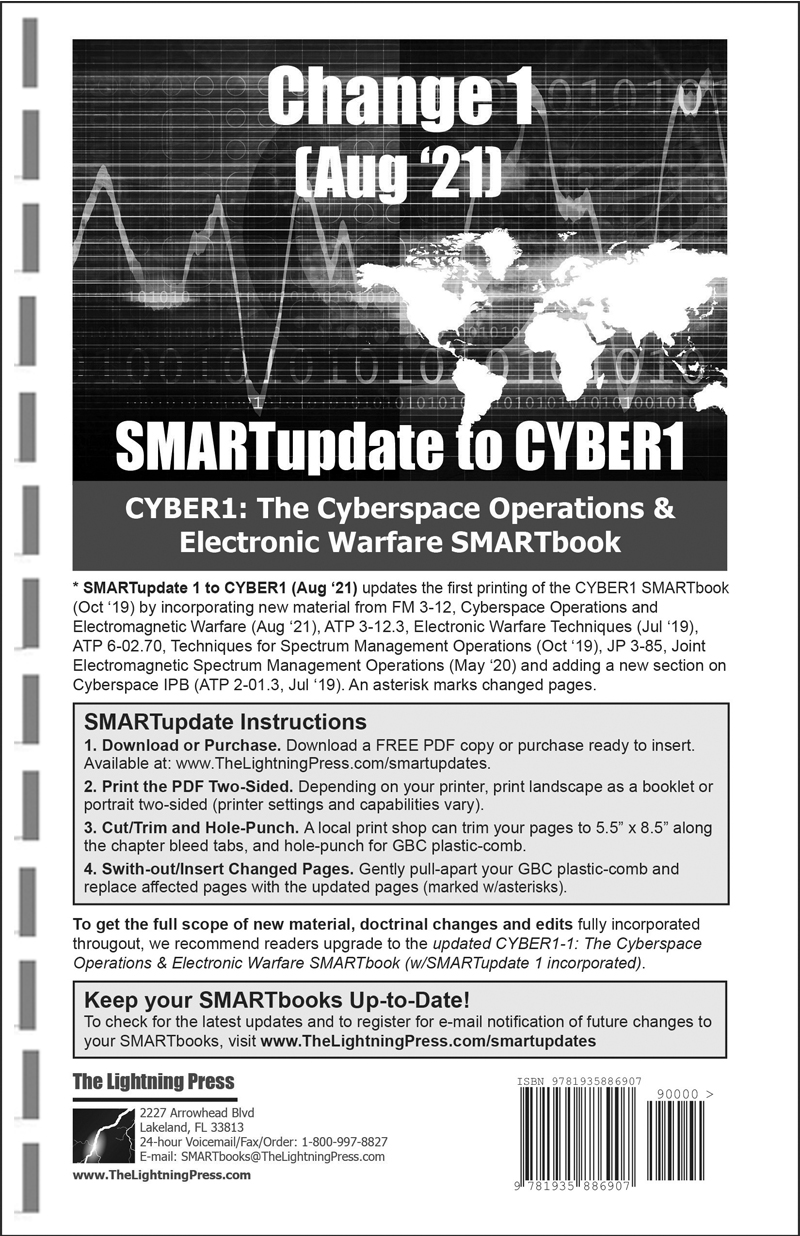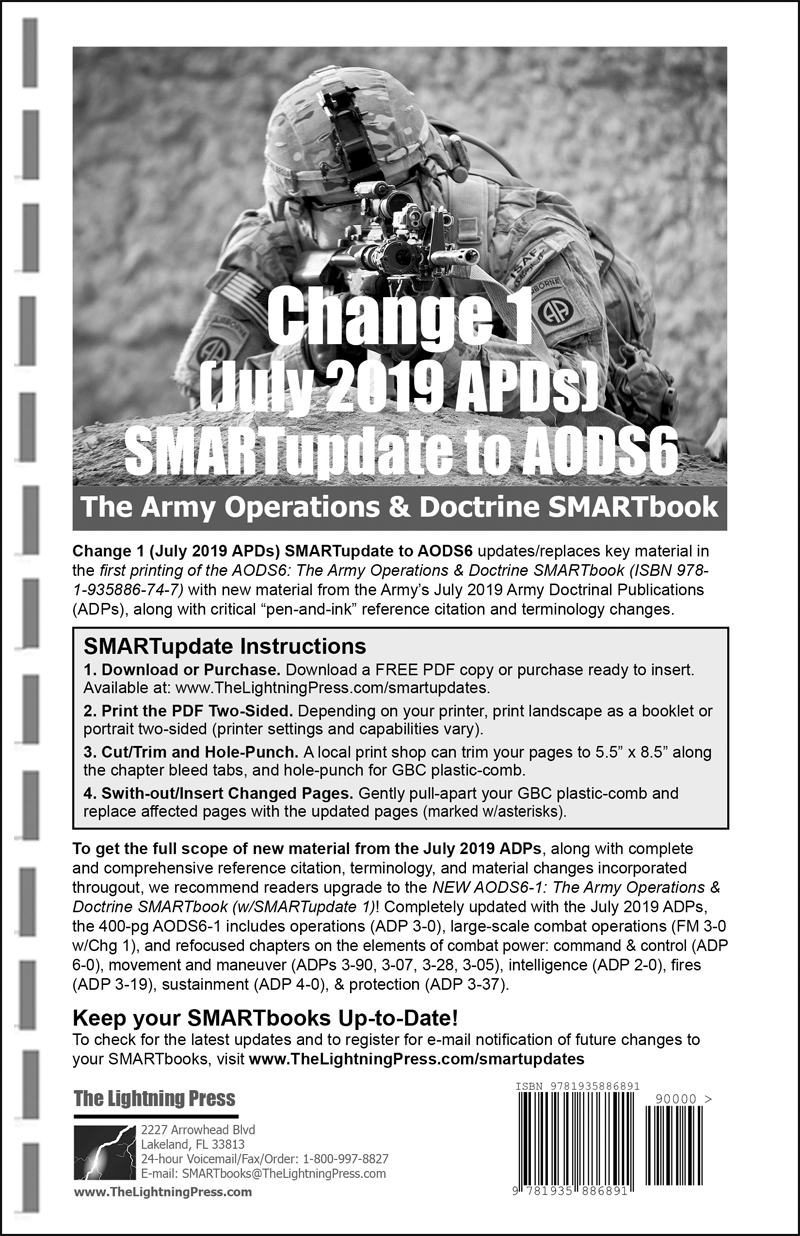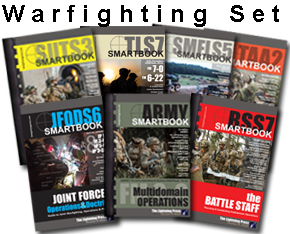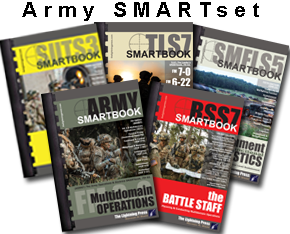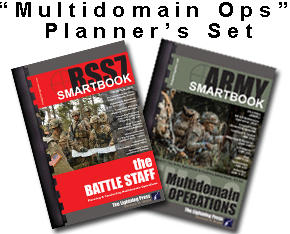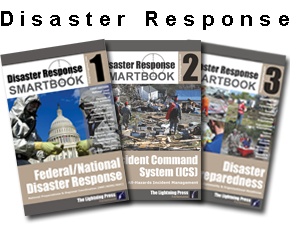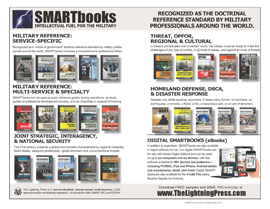Modern military deception is both a process and a capability. As a process, military deception is a methodical, information-based strategy that systematically, deliberately, and cognitively targets individual decisionmakers. The objective is the purposeful manipulation of decisionmaking. As a capability, military deception is useful to a commander when integrated early in the planning process as a component of the operation focused on causing an enemy to act or react in a desired manner.
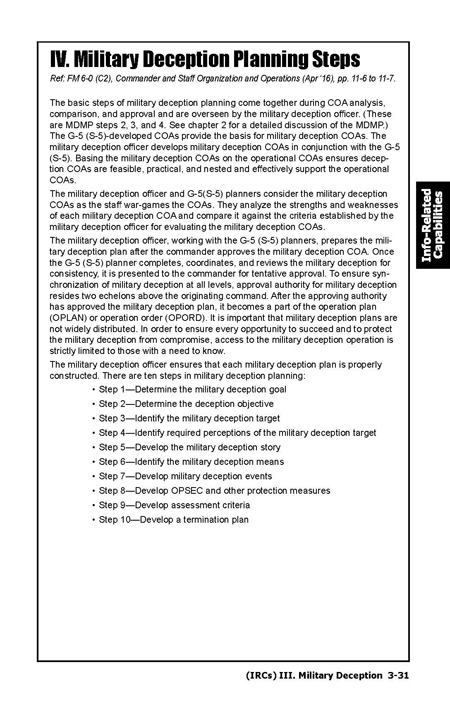
The basic steps of military deception planning come together during COA analysis, comparison, and approval and are overseen by the military deception officer. (MDMP steps II, III, and IV).
Principles of Military Deception
Military deception is applicable during any phase of military operations in order to create conditions to accomplish the commander’s intent. The Army echelon that plans a military deception often determines its type. The levels of war define and clarify the relationship between strategic and tactical actions. The levels have no finite limits or boundaries. They correlate to specific levels of responsibility and military deception planning. They help organize thought and approaches to a problem. Decisions at one level always affect other levels. Common to all levels of military deception is a set of guiding principles:
• Focus on the target
• Motivating the target to act
• Centralized planning and control
• Security
• Conforming to the time available
• Integration
Military Deception Tactics
The selection of military deception tactics and their use depends on an understanding of the current situation as well as the desired military deception goal and objective. (See appendix A for a discussion of operational and mission variables.) As a rule, Army commanders should be familiar with planning and conducting feints, ruses, demonstrations, and displays.
• A feint, in military deception, is an offensive action involving contact with the adversary conducted for the purpose of deceiving the adversary as to the location and/or time of the actual main offensive action (JP 3-13.4).
• A ruse, in military deception, is a trick of war designed to deceive the adversary, usually involving the deliberate exposure of false information to the adversary’s intelligence collection system (JP 3-13.4).
• A demonstration, in military deception, is a show of force in an area where a decision is not sought that is made to deceive an adversary. It is similar to a feint but no actual contact with the adversary is intended (JP 3-13.4).
• A display, in military deception, is a static portrayal of an activity, force, or equipment intended to deceive the adversary’s visual observation (JP 3-13.4).
Common Military Deception Means
Army commanders should also be familiar with some of the more commonly available military deception means that can be employed to support a given military deception. They cover the full scope of units, forces, personnel, capabilities, and resources available to the commander for the conduct of decisive action. In most cases, Army commanders have at their disposal the use of the following six information-related capabilities and other activities to support a planned military deception:
• Military information support operations (MISO)
• OPSEC
• Camouflage, concealment and decoys
• Cyber electromagnetic activities
• Physical attack and destruction capabilities
• Presence, posture, and profile
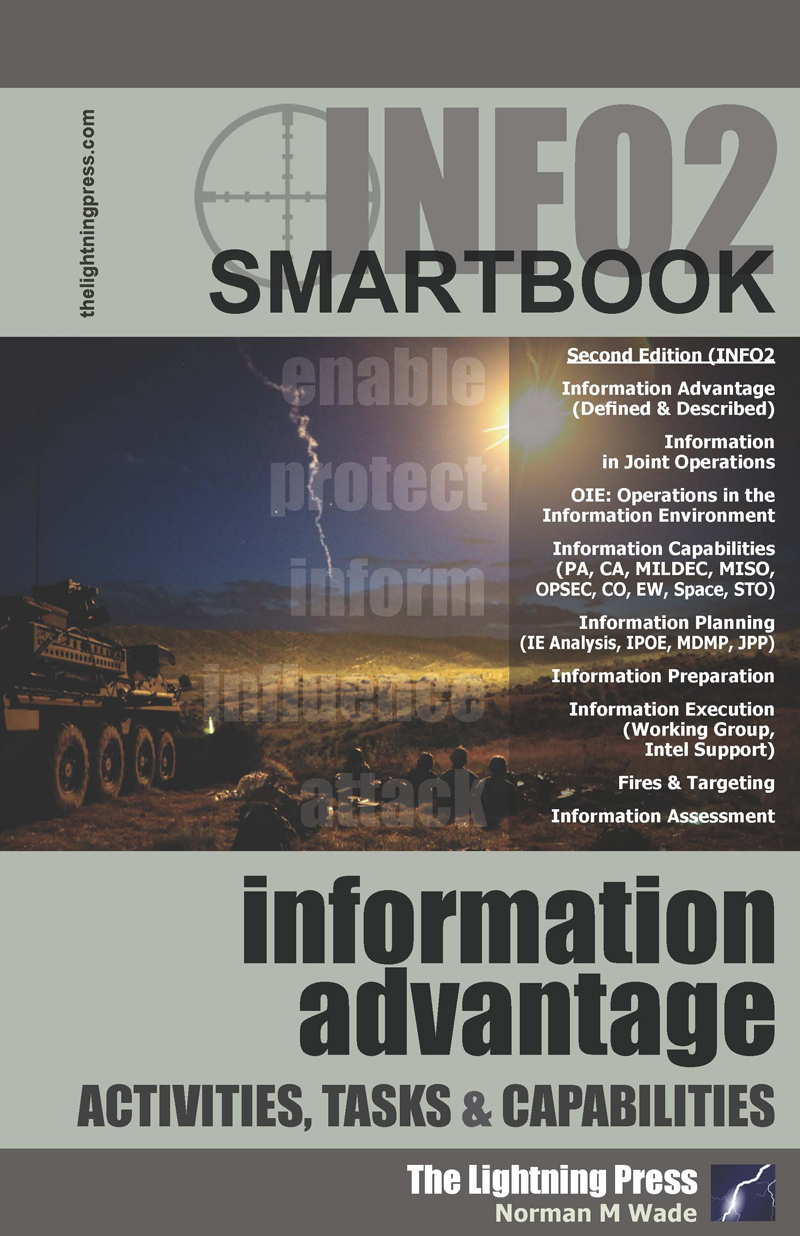 This article is an extract from "INFO2 SMARTbook: Information Advantage (Activities, Tasks & Capabilities)" by The Lightning Press. Download a free PDF sample and learn more at: INFO2 SMARTbook: Information Advantage (Activities, Tasks & Capabilities).
This article is an extract from "INFO2 SMARTbook: Information Advantage (Activities, Tasks & Capabilities)" by The Lightning Press. Download a free PDF sample and learn more at: INFO2 SMARTbook: Information Advantage (Activities, Tasks & Capabilities).
Browse additional military doctrine articles in our SMARTnews Blog & Resource Center.
About The Lightning Press SMARTbooks. Recognized as a “whole of government” doctrinal reference standard by military, national security and government professionals around the world, SMARTbooks comprise a comprehensive professional library. SMARTbooks can be used as quick reference guides during operations, as study guides at education and professional development courses, and as lesson plans and checklists in support of training. Browse our collection of Military Reference SMARTbooks to learn more.

